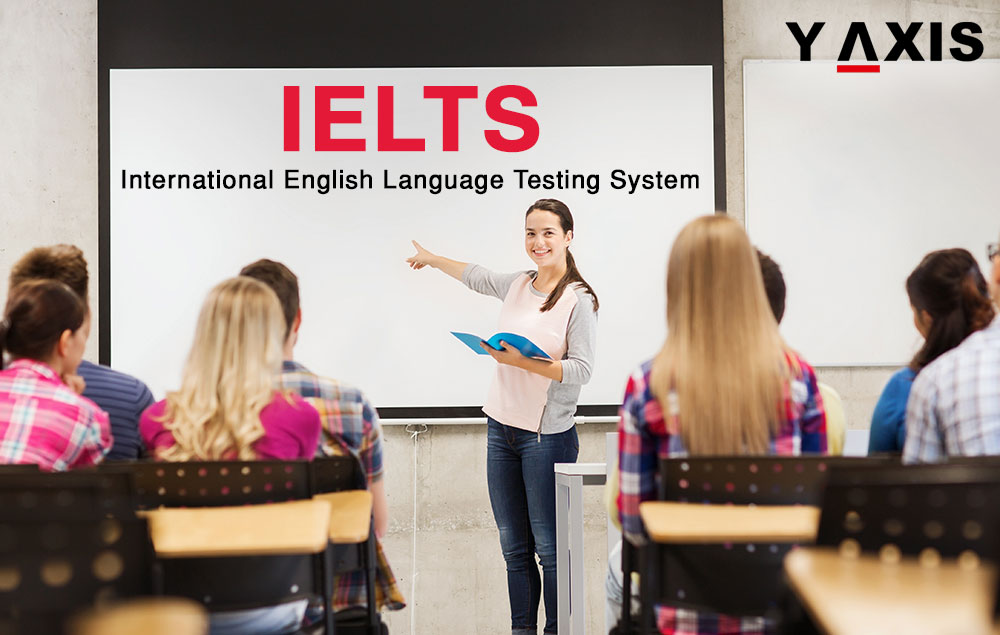IELTS is short for International English Language Testing System and is required if you are planning to study in one of the English-speaking nations of the United Kingdom, Canada, Australia and New Zealand. TOEFL (Test of English as a Foreign Language) is required if you are planning to go the US. IELTS, however, is accepted by quite a few American universities too.
It is not just restricted to the students, though as it is advisable if you want to work in any of the countries where the native language is English.
If you get a score in IELTS, it allows you to apply for admission at universities, other educational institutions, professional organizations and enterprises, which ask for this particular language test in English as per their enrollment requirements.
It is said to be accepted by more than 10,000 organizations located in over 140 countries for study, immigration and work purposes.
It is also the most widely recognized English language test all over the world because of its high standard quality control requirements.
If you are talented enough for getting a high score in the IELTS exam, it conveys to the native English speakers that you are capable of handling day-to-day situations in an English-speaking country with its local populace.
Coming to the test; it has four components – reading, writing, listening and speaking. In fact, in this test, one needs to engage with an evaluator in a live conversation, simulating a real-life scenario.
As an evaluation in IELTS stresses on your proficiency in English by grading you, it does not tell ‘fail’ or a ‘pass’ a person. The scoring is in nine bands. Most people need to score between six and seven to be considered reasonably proficient in English, and this score is what educational institutions or employers ideally want. If you score higher, then it is a bonus. But if your score is below five, then you will be asked to retake the test.
Within IELTS, there are types of tests: IELTS General Training and IELTS Academic. The test one opts for depends on what a particular candidate is looking to pursue after getting a good score in it. For a student applying to an undergraduate/post-graduate course, IELTS Academic is apt. People wanting to take a training course for which higher education is not necessary or those wanting to migrate for work should take the IELTS General Training.
A major advantage of IELTS is that it is universal, as it covers English spoken in Britain as well as in America. With IELTS, you expose yourself to different native English lingos, since this test is prepared with the help of Americans, Britons, New Zealanders and Australians – each of whom incorporate native terms used in their country in books, officialese, media and other public places.
IELTS test can be taken in offices accredited by British Council, whose number is over 900. One can register online following which the nearest British Council office to your place will process your registration and will send it to the test center nearest to you. Test takers will get their results 13 days after they have sat for it.
If you are Indian who wants to appear for the test, one of your recommended options is Y-Axis IELTS Coaching, the country’s premier immigration consultancy company, which also offers a variety of top-drawer coaching options for IELTS, be it through online training, real-time classes, private tutoring and remote access to live classes. It has a hand-picked expert faculty who will monitor your progress till you take the test.
Y-Axis delivers world class coaching for students and professionals. Attend a class anywhere, anytime: TOEFL / GRE / IELTS / GMAT / SAT / PTE/ GERMAN LANGUAGE.




Introduction to “IELTS” Exam and why you should take it?
Posted on December 19, 2016